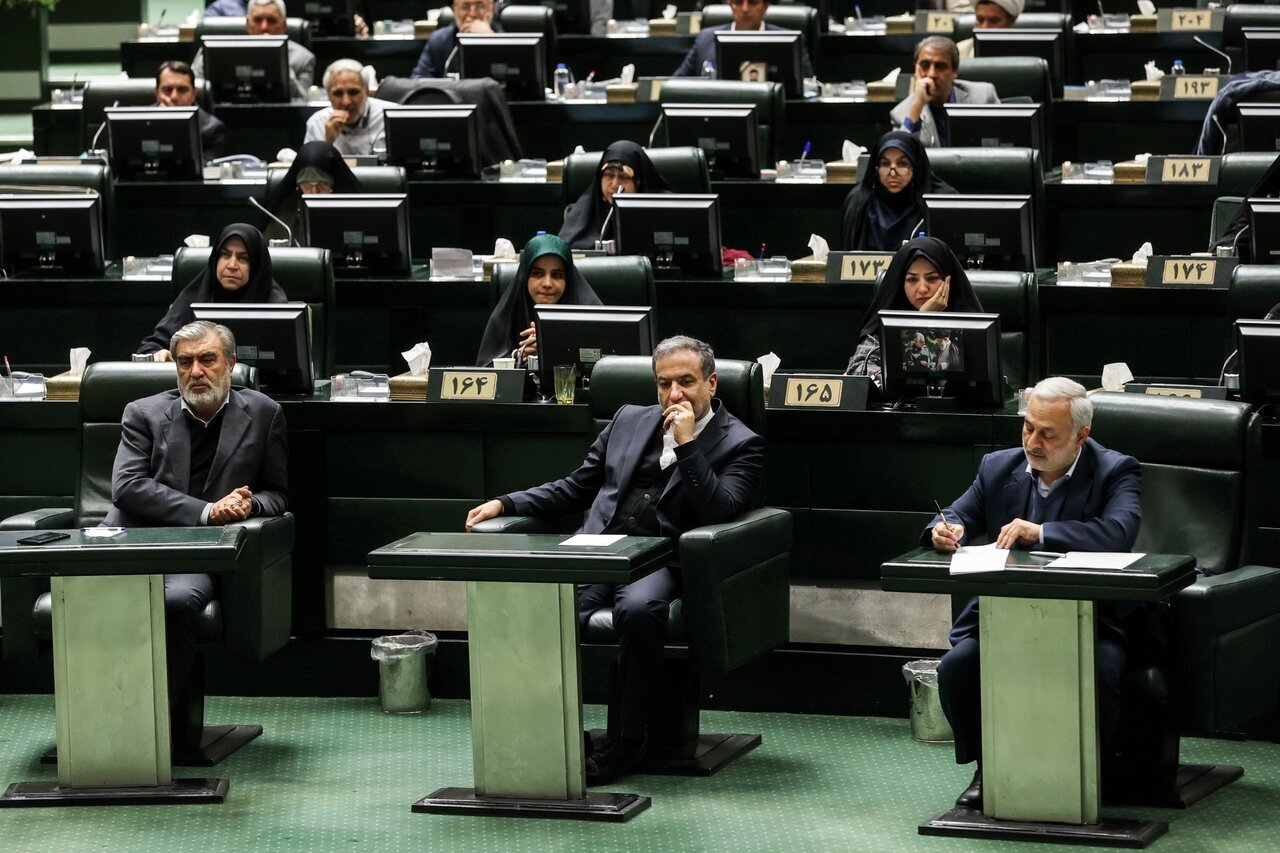Closed parliamentary session reviews Iran’s strategy in Astana talks following Syrian crisis

TEHRAN – In a closed parliamentary session on Monday, Iranian lawmakers convened to discuss the escalating crisis in Syria and the future of the Astana peace process, following significant advances by militant groups.
Foreign Minister Abbas Araghchi who was present at the session, addressed the media, emphasizing that the fate of the peace talks—jointly led by Iran, Russia, and Turkey—hinges on the evolving situation in Syria and strategic decisions by the guarantor states.
The session came amid heightened tensions after militants, spearheaded by Hay’at Tahrir al-Sham (HTS), captured key Syrian cities, raising questions about the viability of ongoing diplomatic efforts to resolve the prolonged conflict.
When asked about the potential participation of Syrian militant groups in future rounds of Astana-format discussions, Araghchi clarified that the Syrian government has never directly participated in the peace process. The framework has exclusively involved Iran, Russia, and Turkey, which serve as its guarantors.
“The continuation of the Astana process depends on the developments on the ground in Syria and the decisions made by the three guarantor countries,” he stated.
Over the weekend, Araghchi joined his Russian and Turkish counterparts in Doha for a meeting as part of the Astana peace initiative. The meeting also included representatives from five Arab states—Egypt, Saudi Arabia, Iraq, Jordan, and Qatar.
The participants issued a joint statement emphasizing the urgent need for a political resolution to the Syrian crisis. They underscored the importance of halting military escalations and safeguarding Syria’s unity, sovereignty, independence, and territorial integrity. The statement also called for efforts to prevent Syria from descending further into chaos and terrorism.
Launched in January 2017, the Astana peace process was established by Iran, Russia, and Turkey to facilitate dialogue and negotiate an end to the Syrian conflict. The process has involved multiple rounds of talks, focusing on de-escalation zones, humanitarian access, and political solutions.
